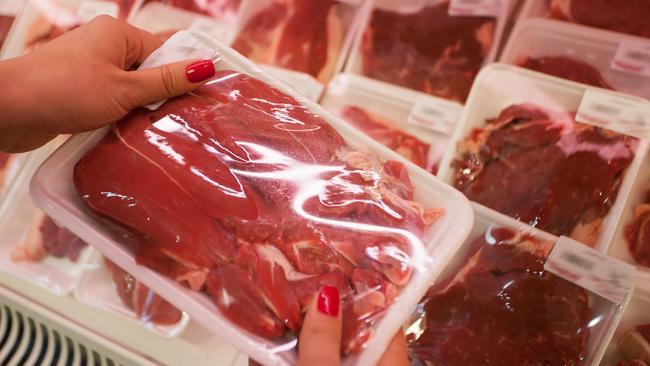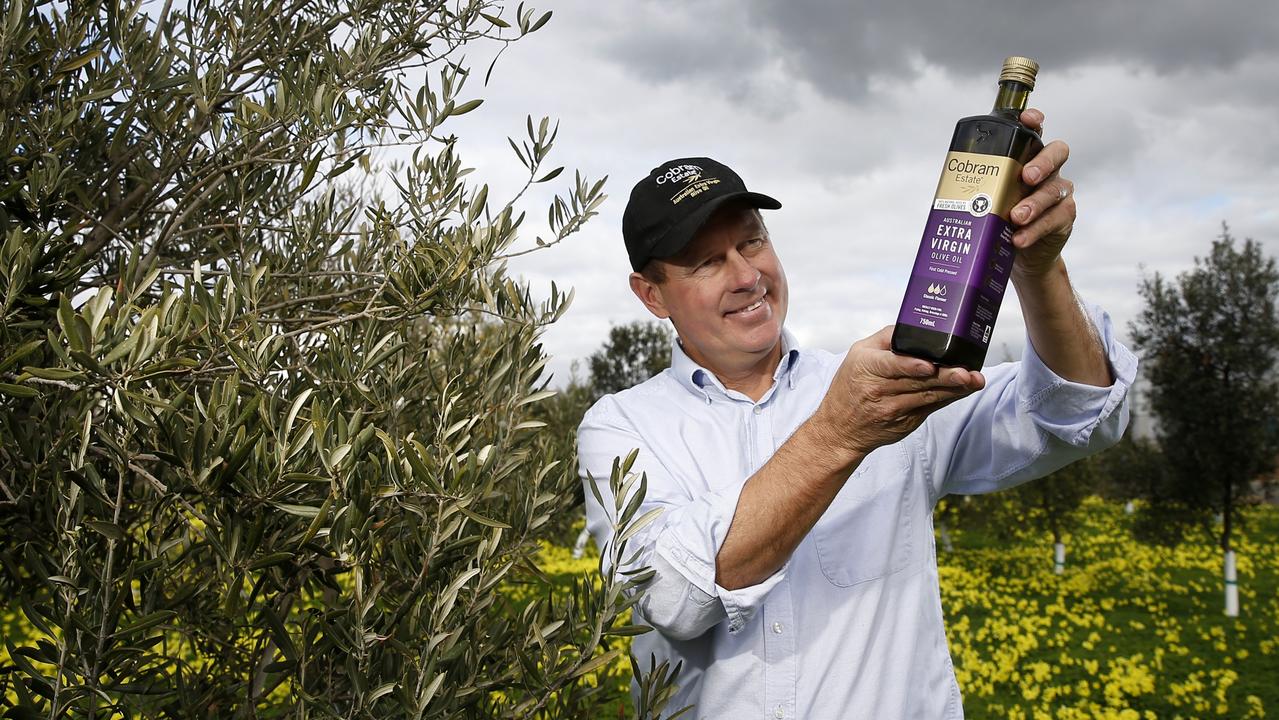JBS cyber attack: Red meat prices could rise after hackers target processor
A cyber attack on the world’s largest red meat processor could mean bad news for farmers and shoppers. See how it will affect you.

The cost of meat on supermarket shelves could rise following a global cyber attack that has put the world’s largest red meat processor, including its abattoirs throughout Australia, out of action.
Brazilian-owned company JBS was hit by organised hackers on the weekend, temporarily halting its meat processing throughout Australia and in America.
Analysts say the temporary halting to JBS’s business – which controls one quarter of Australia’s beef cattle processing capacity and is the country’s largest red meat company – is bound to cause significant disruption to the local industry and part of the meat supply chain.
For farmers, it could mean having to hold off sending their cattle or sheep to be processed, which could see a glut of fattened cattle ready for sale and a decline in cattle prices.
The depth of the impact on Australia’s beef supply and prices is entirely dependent on how long JBS abattoirs are out of action.
While JBS controls 20-25 per cent of beef cattle processing capacity, it also has 10 per cent of the sheepmeat processing.
Rabobank analyst Angus Gidley-Baird said the cyber attack and the shutdown was unprecedented for a global food production company.
The only comparative scenario was last year’s Covid-19 shutdowns on US processing where half their industry was offline for a period of time, producing “astronomical” rises in wholesale beef prices.
“Beef (wholesale) prices could jump 50-100 per cent, based on what happened in the US,” he said.
“And that’s still having an impact in the US, 12 months on.
“It is likely, depending on how long this goes on for and given JBS’s size, that wholesale beef prices could really jump.”
Mr Gidley-Baird noted that not all of this rise was passed on to consumers at the retail level with many retailers absorbing some of lost margins.
But, returns to farmers for their cattle could “go the other way” if there was a bottleneck of finished cattle, ready to be processed, but a lack of processor capacity, he said.
However, this situation may be alleviated by other processing companies being able to step in and lift their production of meat, given most are operating below capacity at the moment.
Mr Gidley-Baird said the attack was “not the fault of JBS” so he did not expect it to do any reputational damage to the company or Australia’s livestock industry.
In a statement JBS said today the “organised cybersecurity attack” had affected some servers supporting its North American and Australian IT systems, but not its backup servers.
“The company is not aware of any evidence at this time that any customer, supplier or employee data has been compromised or misused as a result of the situation,” the statement said.
“Resolution of the incident will take time, which may delay certain transactions with customers and suppliers.”
Federal Agriculture Minister David Littleproud said the cyber attack was “very concerning” and a significant disruption to the international red meat supply chain.
He said JBS was “taking the appropriate steps and working with the Federal Government’’ and the Australian Federal Police to get their operations back up and running.
Meanwhile, the Australian Meat Industry Council, the peak body representing processors, stated it believed there was “no indication whatsoever that this cyberattack will cause a major impact on Australian domestic red meat and pork products supply.”
AMIC chief executive Patrick Hutchinson said the “Australian meat industry has systems in place across the supply chain to deal with these types of issues, including managing livestock through the system effectively and access to cold storage for meat supply”.
“The strength and flexibility of the red meat and pork products supply chain has been demonstrated in the past on market access issues and COVID-19 impacts,” he said.
“That is why we are world-renowned as the most reliable meat supply chain globally.”
MORE


